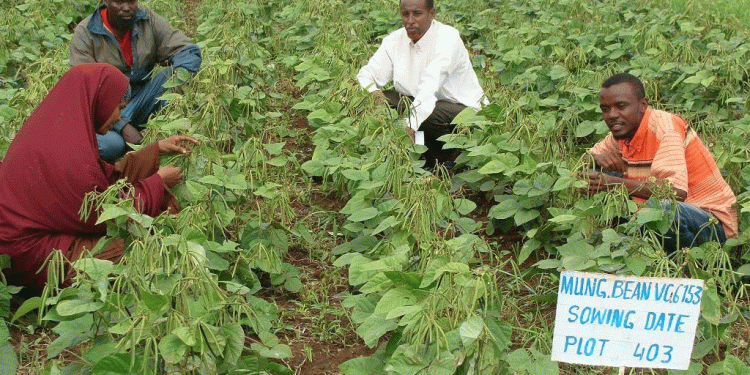Somalia has long suffered from severe food shortages, exacerbated by years of civil war, frequent droughts and recent devastating floods. Malnutrition remains a persistent problem, and militant groups such as al-Shabaab are further destabilizing food supplies. However, a new generation of ambitious farmers and agricultural entrepreneurs is leading an agricultural revolution, introducing modern methods that promise to change Somalia’s agricultural future.
One of the most promising developments is the spread of greenhouse farming. These simple but effective structures allow farmers to produce fruits and vegetables all year round, significantly improving food security for the people of Mogadishu. There are now more than 250 greenhouses scattered on the outskirts of the capital, playing a crucial role in ensuring a stable food supply.
The extreme weather conditions Somalia has faced in recent years, including prolonged droughts and catastrophic floods, have made traditional agriculture increasingly precarious. The advent of greenhouse farming offers a sustainable alternative, ensuring local production and reducing dependence on imported vegetables.
Abdurahman Mayr, director of Green Life, is one of the pioneers of this initiative. “We noticed that most of the vegetables consumed in Mogadishu were imported from abroad. This motivated us to look into smart farming using greenhouses and irrigation systems. Our goal was to supply the market throughout the year,” he explains. This step towards self-sufficiency is vital not only for food security, but also for economic stability.
The growth of the greenhouse sector has also created much-needed employment opportunities, especially for young agricultural graduates. Mohamed Mahdi, one of these young professionals, shares his enthusiasm: “I am very pleased that the companies behind these new greenhouse businesses have created employment opportunities for us. As young people, we make up 75% of Somalia’s population, and given the high unemployment rate. in the country, we are grateful for the opportunity to work in our chosen field of expertise.”
According to the Somalia National Bureau of Statistics, the unemployment rate for people aged 15 to 24 years is currently 30.1%. Greenhouse farming initiatives are having a tangible impact, reducing this figure and providing sustainable livelihoods for many young Somalis.
Local supermarkets in Mogadishu now widely stock produce from these greenhouses, much to the delight of consumers like Sukdi Hassan. “Knowing that these vegetables were produced locally makes us feel secure,” she notes. “I hope our local farms continue to produce more and increase their production.”
Government officials such as Mohamed Barre, Minister of Youth and Sports, recognize the significance of these advances in agriculture. “The youth who pioneered modern agriculture made significant contributions to our country,” Barre says. These initiatives not only improve food security, but also increase economic stability by creating jobs and reducing dependence on imports.
However, concerns about the environmental sustainability of greenhouse farming remain. This method requires significant energy inputs for lighting, heating and cooling, and also requires large amounts of water. George Wamukoya, head of the African Negotiating Group’s Expert Support Team (AGNES), stresses the importance of careful management of water resources. “Minor irrigation is important, but it must be based on sound science about the amount of groundwater needed so that its use can be regulated and ensure its sustainability,” he warns.
Greenhouse farming in Somalia is a beacon of hope, offering a sustainable solution to the country’s long-standing food insecurity problems. By providing year-round agricultural production and creating employment opportunities for youth, these modern farming methods are paving the way for a more sustainable and self-sufficient future. However, it is critical to balance these advances with environmental sustainability to ensure long-term success.









